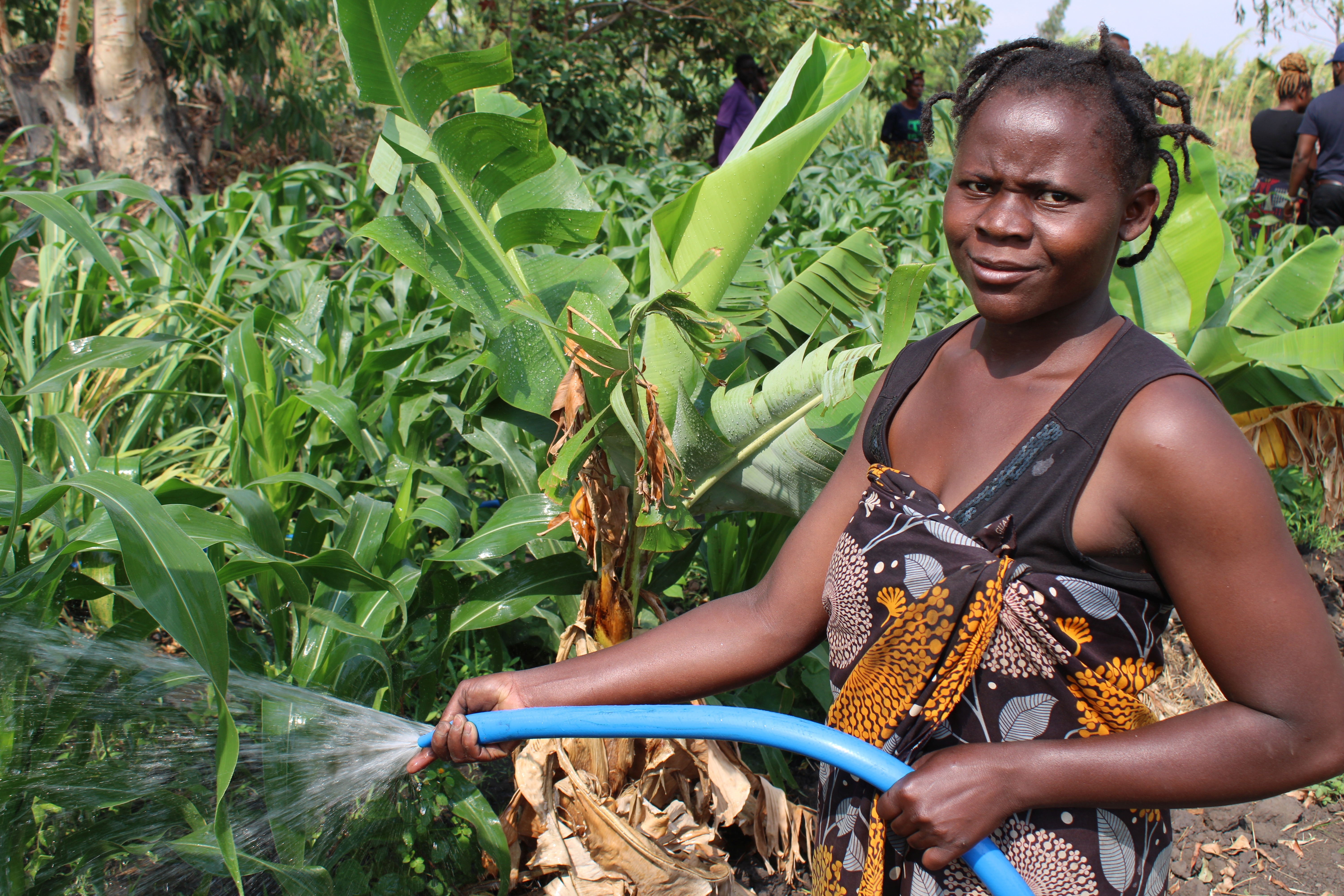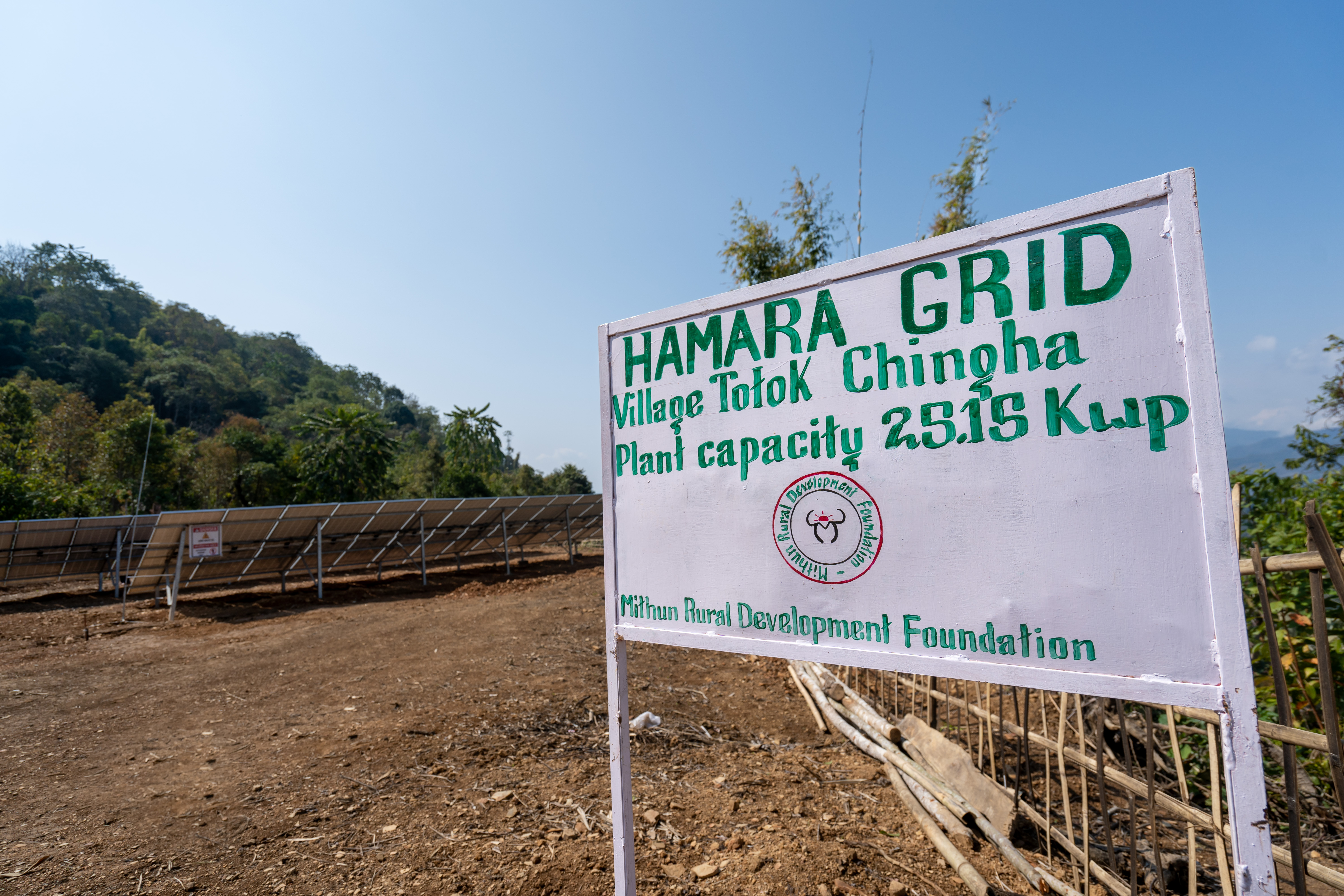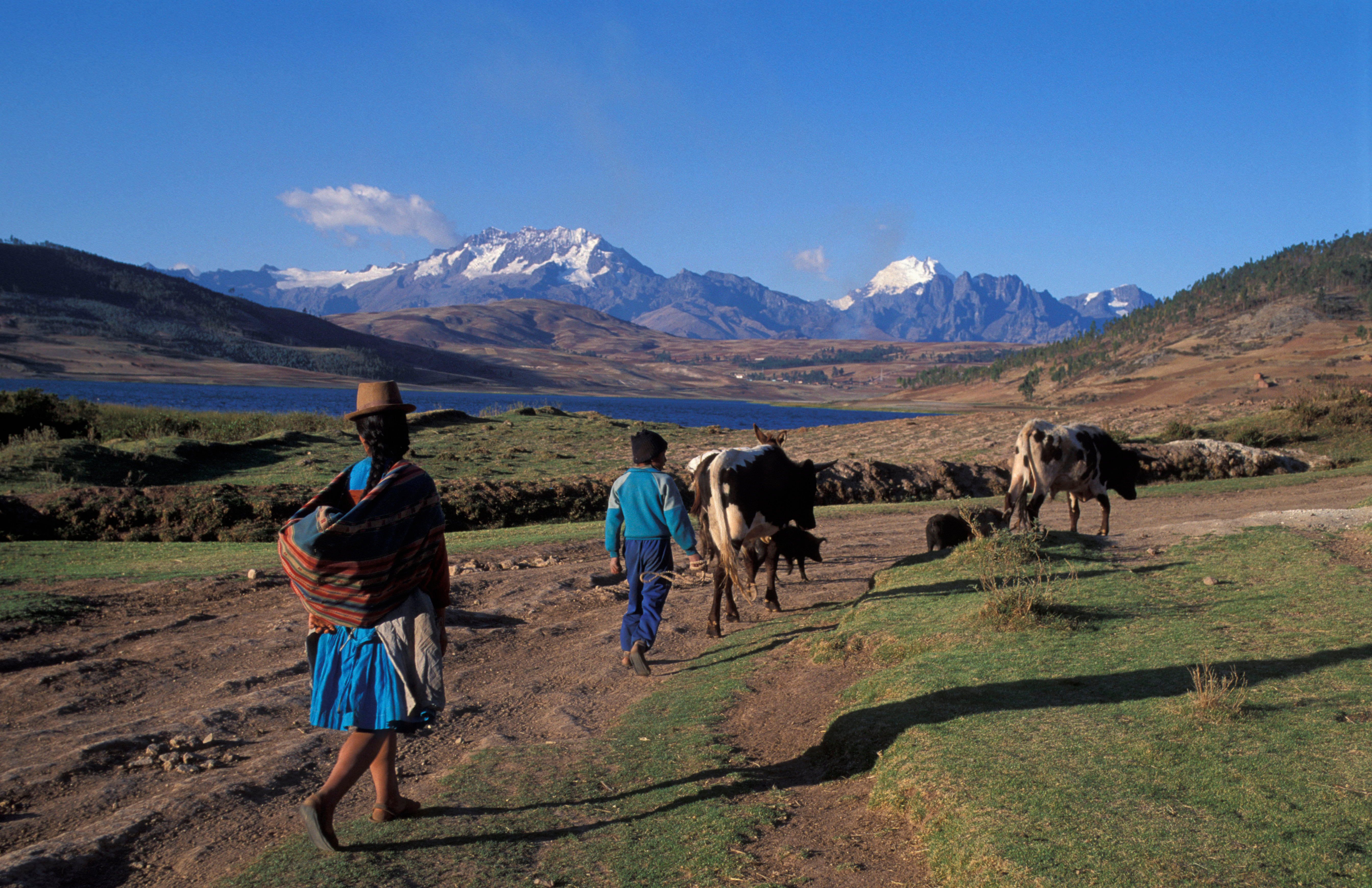[New Report] Rajasthan’s solar shift: powering agriculture and rural communities

Sambodhi and the Global Energy Alliance for People and Planet (GEAPP) have jointly developed a report titled “Empowering Rajasthan’s Agriculture Through Solar Power”, highlighting how clean energy is transforming rural livelihoods and agricultural practices in the Indian state.
The report underscores the Alliance’s catalytic role in enabling this transition — supporting not just infrastructure deployment but also system-level innovation. One such contribution is the Contract Monitoring System (CMS), developed by GEAPP to bring accountability, transparency, and real-time decision-making to solar energy implementation. CMS allows officials to proactively track progress, address setbacks, and improve service delivery across solar installations.
Rajasthan’s experience illustrates the wider potential of clean energy — beyond electrification — to drive community-level change. Solar power is enabling timely irrigation, reducing diesel dependence, improving household well-being, and fostering rural entrepreneurship. As of March 2025 (PM-KUSUM portal data), the state has seen:
- 243 solar plants (463 MW) installed
- 177,000 farmers reached
- 667,000 households connected
- 3.34 million lives impacted
- 189,000 jobs improved
- $283 million mobilized in funding ($223M private, $60M public)
Rajasthan’s progress is particularly significant in the context of its longstanding challenges with irregular electricity supply and high fossil fuel dependency in agriculture. In recent years:
- 131,000 solar-powered irrigation pumps have been installed
- 20,000 farmers in regions like Kotputli–Behror have adopted solar irrigation systems
- 225 new solar connections are being added daily
- The state has achieved a 60% reduction in its agricultural power subsidy burden
- Solar and wind energy now match fossil fuel-based generation in the energy mix
The impact on households and individual livelihoods is also noteworthy:
- 94% of users report fewer power cuts
- 65% report a reduction in electricity bills
- 57% observed higher crop yields
- 81% of households reported longer study hours for children
- 82% of women reported saving time on household chores due to greater access to electrical appliances
- 2–5 local workers are regularly employed at each solar plant, supporting local job creation.
The report concludes that Rajasthan offers a scalable model for clean energy-led rural development. With continued collaboration among governments, funders, and civil society, such approaches can be replicated and adapted across other states—strengthening digital systems, investing in community-led solutions, and accelerating India’s broader transition toward renewable energy and climate-resilient agriculture.



